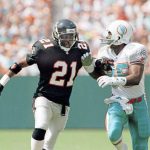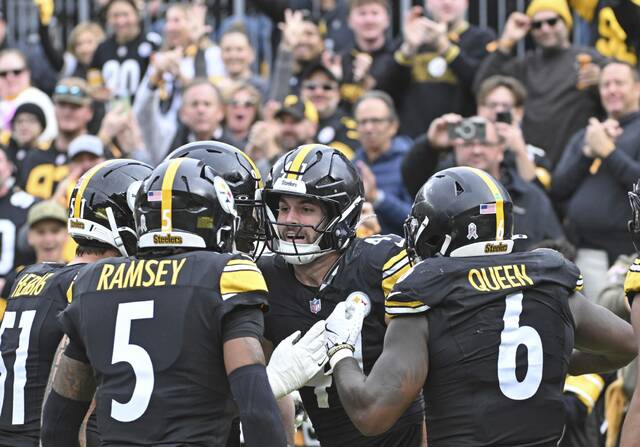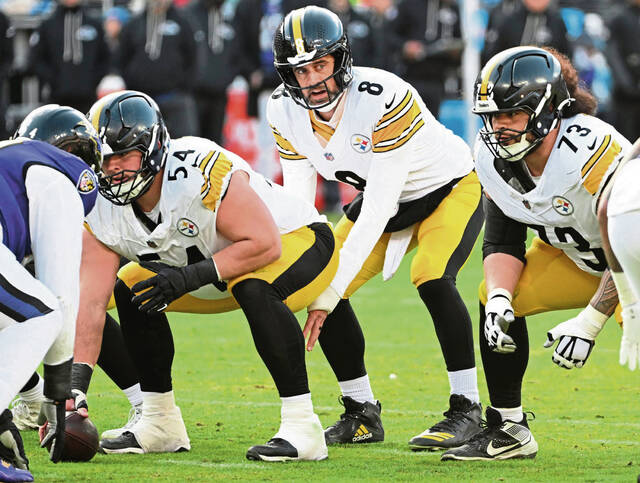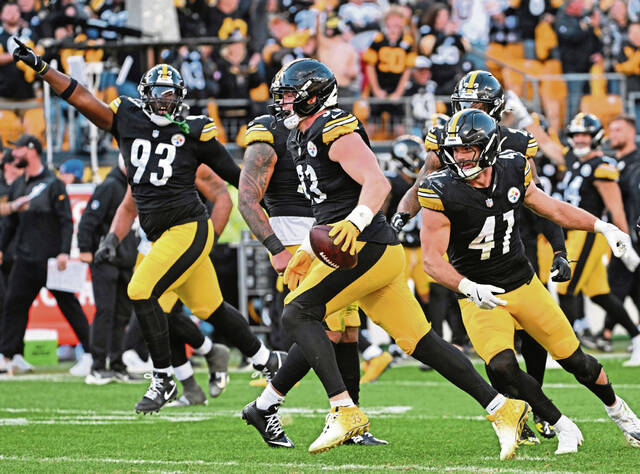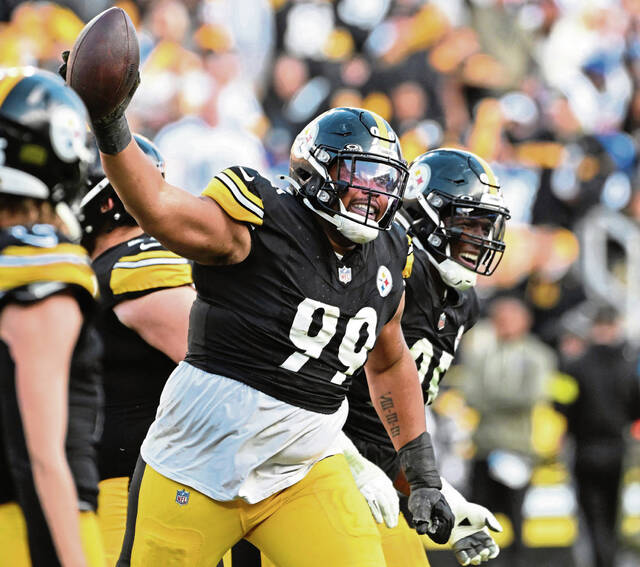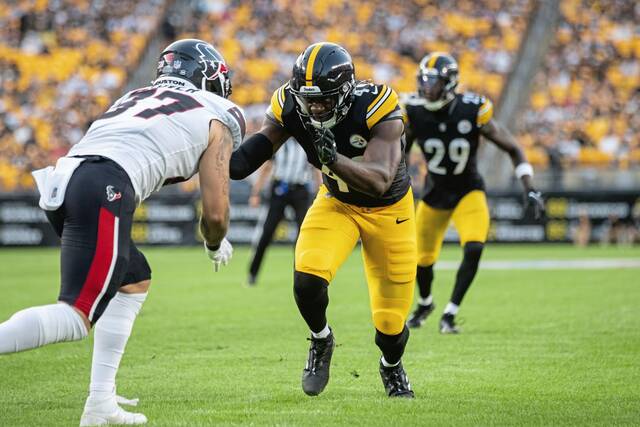ESPN did a “30 for 30” called “Deion’s Double Play.” It centers on the events of Oct. 11, 1992, when Deion Sanders played an NFL game for the Atlanta Falcons at Miami, then went to Pittsburgh immediately after to suit up for the Atlanta Braves in Game 5 of the NLCS.
Was “history” made? Not really. Sanders didn’t play in the baseball game. All he truly accomplished was making a tough commute.
Maybe the significance of that day was a bit more twisted. Perhaps Oct. 11, 1992, was a landmark day for the enabling of star athletes’ narcissism.
Sanders’ baseball contract for 1992 ended July 31 so he could report to NFL training camp. But Sanders stayed with the Braves beyond that, operating on a handshake deal. Braves GM John Schuerholz says Sanders agreed to play baseball full-time during the postseason. But Sanders didn’t see things the same and continued to play football.
That led to bad feeling between Schuerholz and Sanders. Falcons coach Jerry Glanville had no problem. But Glanville’s team wasn’t in the playoffs.
Sanders wanted to play both sports, even on the same day. Especially on the same day. That was best for his brand, though that term wasn’t yet omnipresent. Sanders was a Nike client, and it was best for Nike’s brand, too, so the shoe company assisted his commute.
Sanders was me-first. In “Deion’s Double Play,” he babbles about wanting to be there for both his teams. That’s nonsense. He did it for himself.
He showed up minutes before the first pitch for Game 5 of the NLCS in Pittsburgh. Braves manager Bobby Cox didn’t play him. No manager would. Sanders implies he was held out of the game as revenge for splitting his priorities. That’s because everything is always about him.
Network analyst Tim McCarver was heavily critical of Sanders for not dedicating himself to baseball. McCarver was a two-time World Series winner and a two-time National League All-Star. He’s a baseball lifer. Of course, McCarver would be negative.
Sanders got “revenge” by childishly dousing McCarver with three buckets of water while McCarver did clubhouse interviews after Atlanta won Game 7 of that NLCS. (When Sid slid.)
The “30 for 30” mostly suggests Sanders was justified in drenching McCarver, though sportscaster Jim Gray dissents.
That’s because the documentary was about the triumph of ego over team. Sanders was a definite pioneer in that regard, though there’s no doubting his credentials in either sport.
Sanders should have been put to a decision by his prospective employers: Pick one.
Same goes for Bo Jackson, who saw careers in football and baseball abbreviated when an injured hip had to be replaced. It’s fair to wonder if choosing one sport would have helped Jackson by easing his physical burden. Jackson was a running back with a slam-bang style. Sanders played cover corner like it was flag football. (And better than anybody.)
But Sanders and Jackson mostly came and went as they pleased. That wasn’t the start of star athletes being their own boss. But it surely furthered that cause.
It has only gotten worse. When a star athlete wants to be traded, he expects to be traded, and to a team he prefers, valid contract be damned.
The owners are afraid of the players. The employers are afraid of the employees.
Sanders was a pioneer in that regard. His “30 for 30” puts his overbearing self-indulgent attitude in a favorable light.
Steelers fans might find it a good watch because individual branding at the expense of team priorities is not only a phenomenon the franchise is familiar with, but one the club’s administration has tolerated and its fans have validated. Whether by dancing on the foe’s logo, streaks being ill-advisedly extended, milestones artificially reached or a once-proud culture being damaged in general, the players are in charge of the Steelers.
Today’s fans often prefer player over team. You see Fleury No. 29 Vegas jerseys at Penguins games. You’ll see the same phenomenon re: JuJu Smith-Schuster’s new team and jersey at Steelers games. (Before Steelers fans went soft, a wardrobe choice like that would have been a capital crime in the Three Rivers Stadium parking lot.)




